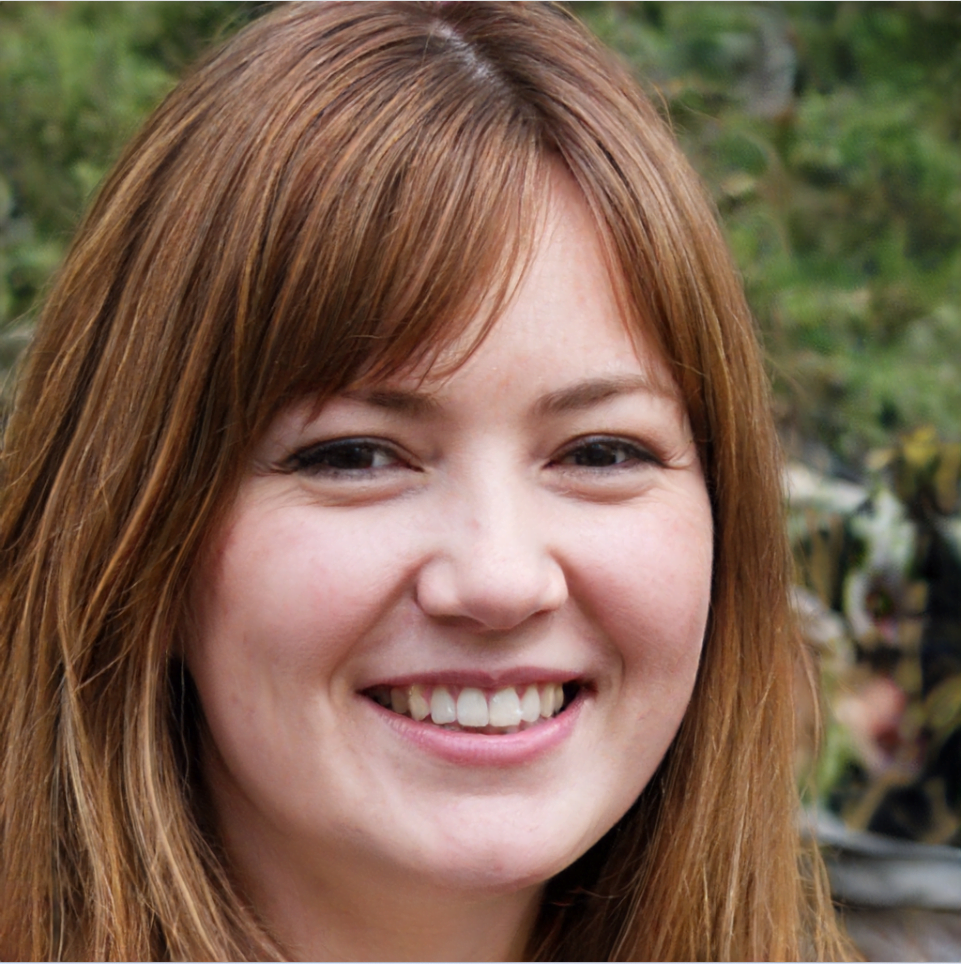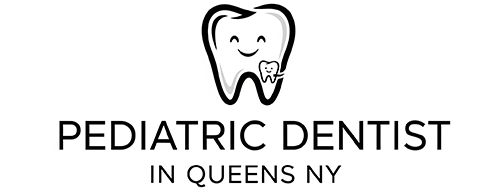To become a Pediatric CNA in the United States, complete a state-approved CNA program, pass your state’s nurse-aide competency exam, add optional pediatric certifications (PALS or PEARS), then target pediatric units, children’s hospitals, or home-health agencies that serve children.
Step-by-Step Path to Certification for Pediatric CNA
| Step | Action | Typical Time | Typical Cost (USA) |
|---|---|---|---|
| 1 | Meet state prerequisites (age 16–18+, HS diploma/GED) | 1–3 days (obtain docs) | $0–$20 (transcript/ID copies) |
| 2 | Enroll in state-approved CNA program | 4–12 weeks | $800–$2,000 |
| 3 | Complete 75–180 training hours (classroom + clinical) | 2–8 weeks (within program) | included in Step 2 tuition |
| 4 | Pass state CNA competency exam (written & skills) | 1–4 weeks after course | $100–$125 |
| 5 | Clear background check & apply for state CNA certificate | 1–2 weeks | $50–$75 |
| 6 | Earn pediatric add-ons (PALS or PEARS) | 1 day each | $75–$150 each |
- Total timeline: ≈ 2–5 months
- Total out-of-pocket: ≈ $1 000 – $2 500 (before employer reimbursement or grants)
Pediatric-Specific Certifications That Boost Hiring
- PALS – Pediatric Advanced Life Support (American Heart Association)
- Covers pediatric CPR, airway, pharmacology
- Certification valid 2 years; required by most children’s hospitals
- PEARS – Pediatric Emergency Assessment, Recognition & Stabilization
- Shorter alternative (6–8 hours) accepted by many clinics and rehab centers
- BLS for Healthcare Providers – Basic Life Support (prerequisite for PALS)
- Often bundled into CNA programs
Where Pediatric CNAs Work & How to Land the Job
Common Work Settings
- Children’s hospitals (e.g., Cincinnati Children’s, Children’s Hospital of Philadelphia)
- Pediatric ICUs, oncology, or rehab units inside general hospitals
- Specialty clinics (cardiology, orthopedics, neurology)
- Private-duty home health—caring for medically fragile children at home
- Pediatric long-term care or residential facilities
Job-Search Tactics
- Indeed/LinkedIn filters: search “Pediatric CNA” + city; set alerts
- Hospital career pages: filter by “Patient Care Tech (PCT)” or “Nurse Extern” if “CNA” isn’t listed
- Recruiters: contact pediatric home-health agencies (BAYADA, Aveanna)
- Resume booster: highlight any babysitting, daycare, camp counseling, or volunteer time in pediatric wards.
What Is a Pediatric CNA?
A Pediatric Certified Nursing Assistant (CNA) is a state-licensed caregiver who provides hands-on support to infants, children, and teens in hospitals, clinics, rehab centers, or private homes.
Typical duties:
- Vital-sign checks (temperature, pulse, respiration)
- Feeding, bathing, diapering, and mobility assistance
- Comfort measures and play therapy
- Reporting changes in condition to RNs or physicians
Key difference: While general CNAs work with adults, Pediatric CNAs specialize in growth-and-development needs, pediatric equipment, and family-centered care.
Who Should Choose This Career?
You’ll thrive as a Pediatric CNA if you:
- Enjoy working with children and can stay calm during medical crises
- Want to enter healthcare quickly (2–5 months) without a 4-year degree
- Prefer active, hands-on roles over desk jobs
- Plan to advance later—many Pediatric CNAs later become LPNs, RNs, or Child-Life Specialists
2025 Salary & Job Outlook
| Metric | National Average | Top-Paying Cities (2025 data) |
|---|---|---|
| Hourly | $24 – $32 | Las Vegas, NV ($33) |
| Annual | $70k – $88k | Nashville, TN ($31) |
| Overtime | 1.5× base + shift differentials | Phoenix, AZ ($30) |
Sources: U.S. Bureau of Labor Statistics and Indeed salary survey, May 2025.
Growth outlook: CNA employment overall is projected to grow 8% (2023–33), faster than the national average; pediatric specialties remain high-demand due to children’s hospital expansions and home-health growth.
Career Ladder After Pediatric CNA
| Next Step | Typical Path | Extra Education | Time |
|---|---|---|---|
| LPN/LVN | Bridge program | 12–15 months | 1 yr |
| RN (ASN) | Community college | 2 yrs | 2 yrs |
| Child-Life Specialist | Bachelor’s + internship | 4 yrs total | 3–4 yrs |
| Pediatric Medical Assistant | On-the-job or 9-month cert | 0–9 months | 0–1 yr |
Quick FAQ
Q: Is there a separate “Pediatric CNA” license?
A: No—your state CNA certificate covers all ages. Pediatric certifications simply make you more marketable.
Q: Can I take CNA classes 100 % online?
A: Theory—yes. All states still require in-person clinical hours; choose hybrid programs approved by your state board.
Q: Do I need prior childcare experience?
A: Not required, but even babysitting or camp counseling strengthens your résumé and interview story.
Ready to Start?
- Find state-approved CNA programs: RegisteredNursing.org directory
- Locate PALS courses: American Heart Association class finder
- Build a pediatric-focused résumé (free template): Aveanna Healthcare careers page
Take the first class this month, and you could be clocking in on a pediatric unit before the holidays.

Dr. Mary G. Trice is a renowned pedodontist based in Queens, NY. With an unwavering dedication to children’s dental health. In addition to her clinical practice, Dr. Trice is the writer and manager behind the informative platform pediatricdentistinqueensny.com. Through this site, she offers valuable insights, tips, and resources for parents and guardians, aiming to bridge the gap between professional dental care and everyday oral hygiene practices at home.
